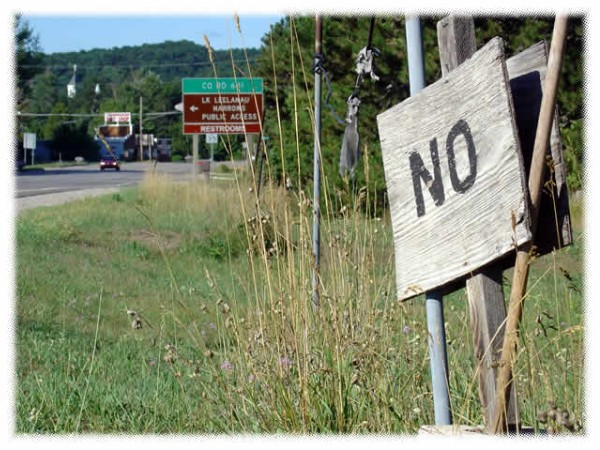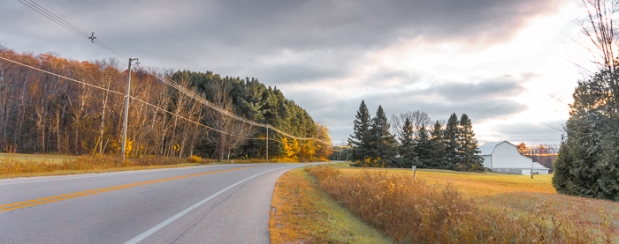This wonderful piece from Brain Pickings in which the magisterial William Stryon is quoted .. love it. He makes the point that the word “depression” just does not cut it.
“When I was first aware that I had been laid low by the disease, I felt a need, among other things, to register a strong protest against the word “depression.” Depression, most people know, used to be termed “melancholia,” a word which appears in English as early as the year 1303 and crops up more than once in Chaucer, who in his usage seemed to be aware of its pathological nuances. “Melancholia” would still appear to be a far more apt and evocative word for the blacker forms of the disorder, but it was usurped by a noun with a bland tonality and lacking any magisterial presence, used indifferently to describe an economic decline or a rut in the ground, a true wimp of a word for such a major illness. It may be that the scientist generally held responsible for its currency in modern times, a Johns Hopkins Medical School faculty member justly venerated — the Swiss-born psychiatrist Adolf Meyer — had a tin ear for the finer rhythms of English and therefore was unaware of the semantic damage he had inflicted by offering “depression” as a descriptive noun for such a dreadful and raging disease. Nonetheless, for over seventy-five years the word has slithered innocuously through the language like a slug, leaving little trace of its intrinsic malevolence and preventing, by its very insipidity, a general awareness of the horrible intensity of the disease when out of control.”



 ‘The “signal frustration in trying to read Kafka with college students,” that “it is next to impossible to get them to see that Kafka is funny… nor to appreciate the way funniness is bound up with the extraordinary power of his stories.” Part of the problem arises from the fact that “Kafka’s humor has almost none of the particular forms and codes of contemporary U.S. amusement,” especially to “children whom our culture has trained to see jokes as entertainment and entertainment as reassurance.” So what kind of jokes can we find in Kafka’s stories, if we know how to get them?
‘The “signal frustration in trying to read Kafka with college students,” that “it is next to impossible to get them to see that Kafka is funny… nor to appreciate the way funniness is bound up with the extraordinary power of his stories.” Part of the problem arises from the fact that “Kafka’s humor has almost none of the particular forms and codes of contemporary U.S. amusement,” especially to “children whom our culture has trained to see jokes as entertainment and entertainment as reassurance.” So what kind of jokes can we find in Kafka’s stories, if we know how to get them?